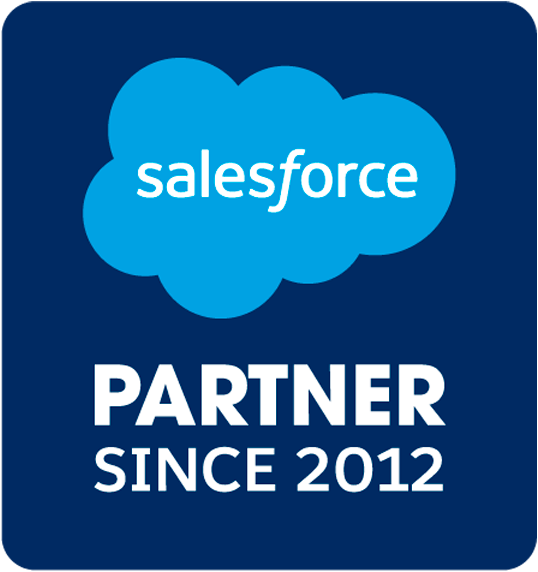My job is to write about business and technology — which means my job is also to read about business and technology. And just like any good fantasy aficionado is probably used to reading the names of a few famous hobbits, I’ve got my own collection of recurring characters: Jeff Bezos, Elon Musk and Steve Jobs.
There’s a reason these guys dominate the headlines, of course: They built companies that forced the rest of us to reconsider the limits of success. Nearly seven years after Jobs’ death, Apple is #3 in the Fortune 500. Jeff Bezos is the richest person in the world. Elon Musk launches rockets (to be fair, Bezos does that too).
Readers want to know how these guys accomplished so much (and continue to do so, in the case of Bezos and Musk). As a result, they’ve inspired an entire canon of blog posts and think pieces.
And to that canon, I’ll now contribute my meager piece. Because I’ve noticed something these three have in common, and I figure that’s worth sharing.
Here’s what I’m talking about:
Despite their lofty positions, Bezos, Musk and Jobs all personally read/respond (or responded) to customer complaints. That’s right: Even as billionaires, these CEOs make/made time for individual customers.
Jeff Bezos maintains an email address where customers can write to him with questions and complaints, and he personally triages these messages to those who have the bandwidth to deal with them. "I see most of those emails. I see them and I forward them to the executives in charge of the area with a question mark. It's shorthand [for], 'Can you look into this?' 'Why is this happening?'" Bezos said.
And Elon Musk? He takes to Twitter. Recently, one of his 21.8M followers tweeted at him about a bad experience at a Tesla store. Musk responded by writing, “Def not ok. Just sent a reminder to Tesla stores that we just want people to look forward to their next visit. That's what really matters.”
And yes, even Steve Jobs responded to customers. According to CNN, “he fielded e-mails about broken laptops and intervened on support calls.”
What does this tell us? That the most successful business leaders understand the true source of their good fortune: Customers. Without customers, after all, a business is nothing more than a nice idea. That remains true even when revenue numbers grow so big they look made up.
What does all this have to do with you?
Well, no matter how big your company is, you can take the same tack as these famous CEOs when it comes to your customer service approach. Set yourself a challenge this week: Try responding personally to a handful of customer questions or concerns. You’ll get a brutally honest take on your company’s products or services, which has the potential to sting.
But it’ll be incredibly valuable information, because it will help you stay attuned to your customers’ want and needs. And if you know what your customers really want, you’ll be able to hold that front of mind when making strategic decisions. You’ll be able to build customer centricity into the very structure of your business.
Of course, responding to customers isn’t the only way to boost customer centricity. If you want to learn more, check out our eBook below. Who knows? Maybe one day soon I’ll be reading your name in the headlines.



